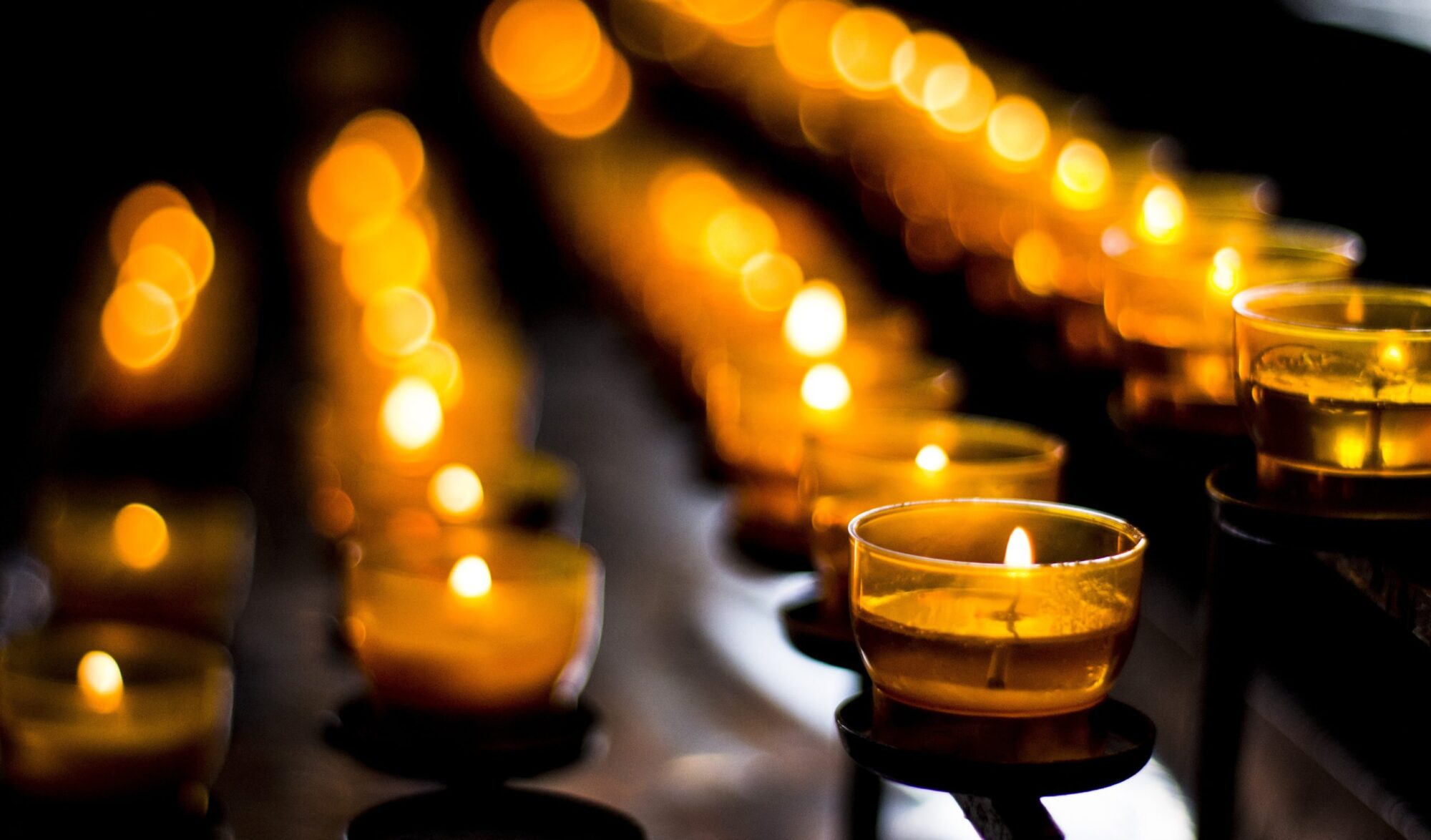Understanding Grief During the Holidays
Grief is tough, no matter when it hits, but the holidays seem to bring it to the forefront. While everyone else is celebrating, the absence of a loved one can feel especially heavy. It’s completely normal to feel like the holidays amplify that sense of loss, with family gatherings, traditions, and all the usual holiday cheer serving as reminders of who’s no longer there.
 How Grief Shows Up During Holiday Celebrations
How Grief Shows Up During Holiday Celebrations
Grief doesn’t follow any rules, and during the holidays, it can sneak up on you in different ways. For some, it’s that punch-in-the-gut moment when they realize this is the first holiday without their loved one. For others, it’s more of a slow build, where emotions start to pile up without much warning. Here are a few common ways grief can show up during the holidays:
- Emotional Overload: Between the excitement, social pressure, and expectations, it can feel like there’s no space for your grief. You might feel emotionally drained or like you just can’t get into the holiday spirit the way you used to. It’s hard to fake joy when you’re carrying the weight of grief.
- Avoidance or Withdrawal: Sometimes, it feels easier to avoid big holiday events or skip family gatherings entirely. If it feels like it is too much, that’s okay. It’s important to listen to what you need, even if it means stepping back from the holiday hustle and bustle.
- Physical Grief Symptoms: Grief doesn’t just affect your heart; it shows up in your body too. Maybe you’re more tired than usual, or you’re struggling with sleep or appetite. These physical symptoms are part of the emotional strain, so be kind to yourself and slow down when needed.
Tips for Coping with Grief During the Holidays
Coping with grief during the holidays isn’t easy, but there are ways to make it a little more manageable. At Blue Ridge Care, we like to teach the PEACE method, here are some suggestions to help prepare for the holidays as best as you can while you are still grieving.
P – Plan Ahead
E – Examine Expectations
A – Advocate for yourself
C – Create and Commemorate
E – Embrace your Grief
P – Plan ahead for the upcoming holidays. Things will be different for you this year, and you may not feel like maintaining your past traditions. Considering alternative ways to celebrate can help you manage this difficult time. If it is difficult to decide what you want to do, then think about what you do NOT want to do.
E – Expect grief to accompany the holidays. We all have expectations around holiday events. As you plan for the upcoming holidays, try to have reasonable expectations for yourself and others. Examine your own expectations with the knowledge that high expectations may lead to disappointment and low expectations can lead to surprise.
A – Advocate means “defender of rights.” Advocating for yourself takes practice. Set clear guidelines and stay focused. Don’t be afraid to say “no.” Believe it or not, people will understand if you’re unavailable for certain projects or activities. If you say “yes” and only do what you want to do, you’ll avoid feeling resentful and overwhelmed. Instead of taking on more than you can comfortably handle, share responsibilities with other family members or friends.
C – Create New Traditions & Commemorate. The main rule is that this year does not need to look like last year and it does not need to look like next year. Do what makes sense for you and your family. The following are some suggestions, that may spark something.
- Decorate a living Christmas tree and later plant it.
- Put a single flower or bough of greenery on the table to honor the deceased.
- Observe a moment of silence or prayer or have family members share stories or memories.
- Gather the family and review photo albums. Prepare a special presentation of pictures of past holidays.
- Purchase a gift for the home or donate to your favorite charity or community organization as a present to the deceased.
- Set aside time before opening gifts to share how the deceased member was special to all of you.
- Create a special arrangement for the mantle, sideboard, etc., composed of items belonging to or having special meaning to the deceased.
- Hang a special stocking in memory of your loved one. Children, or other family members, could slip notes or mementos into it for gift opening time.
E- Embrace Your Grief. Grief is the natural reaction to having lost someone we love. Begin by acknowledging that the person is no longer here. Doing this provides an outlet for grief. It takes a lot more energy not to acknowledge it. Acknowledgment that someone is missing allows for this year to be different. Please remember that the experience of many bereaved people is that they do come to enjoy holidays again. There will be other holiday seasons to celebrate. And it’s Ok to celebrate this season if that’s what you need. Do not give yourself a hard time.
Benefits of Grief Counseling or Therapy
Grief counseling isn’t just for when you hit rock bottom. A therapist can provide a safe space to talk about your grief without judgment. They’ll help you understand your emotions and offer strategies to cope. Therapy can also help with the emotional complexities of grief, like guilt or anger, and give you the tools to heal at your own pace.
Resources for Support
You don’t have to navigate this alone. Here are some resources that can help:
- Grief Support Groups: Support groups can offer a sense of community with others who understand what you’re going through. Blue Ridge Hospice offers grief support groups throughout the year. These services are free to everyone, whether or not your loved one was under hospice care. View our grief support calendar here.
- Helplines: There are professionals available if you need immediate support. It’s okay to reach out whenever you need someone to talk to. Click here to find the helpline that works best for you.
Remember, seeking help is a sign of strength. It’s okay to ask for support when you need it. You don’t have to carry the weight of grief alone.






